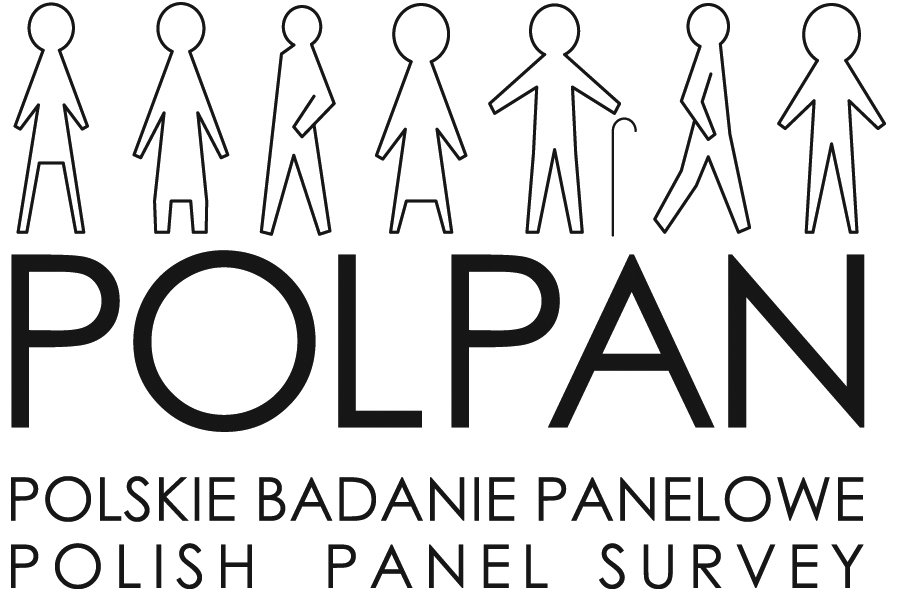During the POLPAN Seminar on June 4, 2019, Dr. Mikolaj Lewicki (University of Warsaw) presented a paper entitled “Does Mortgage Stratify Households in Poland?“.
Abstract:
Dynamics of financialization and its nature differentiate societies. This simple phrase can be treated as leading thought to be developed in the presented study.
Rise of households’ debt in semi-peripheries, especially in the Central and Eastern Europe has been researched and conceptualized gradually as a specific form of financialization (Becker 2010, Buedenbender 2016, Bonizzi 2015). Instead of investing in financial intermediation for businesses or creating new investment vehicles that would leverage on local and global capital, banks in the region focused on the yield from interest rate and exchange rates of products offered to the households. One of the main causes of the debt’s rise is mortgage credits’ expansion in the wake of the Credit Crunch and afterwards. The credits did not create “fictitious capital” to be circulated on the global scale. However, one of their form, foreign exchange mortgages have been on the one hand – a social leverage – as this study would claim, on the other – systemic risk to both, households qua consumers, banks and regulatory institutions on the other.
There is a complex knowledge of the rise of mortgages in the core countries, their significance in the dynamics of global financial crisis (Fligstein Goldstein 2015, Aalbers 2008, Aalbers Christophers 2015). Yet our knowledge and discussion on the social differentiation associated with financialization that goes beyond identification of the growing inequalities is still in the making (Lapavitsas 2009).
Mortgages select or rather classify and take part in the process of wealth allocation. This study focuses on the social effects of mortgage credit expansion in Poland during the last twenty years in order to contextualize the discussion on semi-peripheral financialization and to bring to the fore the way wealth through the mortgage is distributed in the Polish society.
It refers to the neo-weberian theories and perspectives on class formation. It sees expansion of mortgage credits in Poland as the proliferation of a relatively new market qua social device that has classifying power and co-determines households’ strategies of consumption, investments and their well-being (Beckert 2001, Fourcade Healy 2010, Fourcade 2015). Meanwhile the instrument differentiates mortgagors through the conditions and timing of its acquisition. Thus mortgage credit creates specific social group that with reference to other households, their wealth, type of tenure and consumption but also their social identity can be assessed in terms of class differentiation (Lamont 1998, 2005).
This study is based on the analysis of two sets of data, collected in 2014, from “Households’ Budgets Survey” collected by the National Statistical Bureau and “Households Finance and Consumption Survey”, conducted under auspices of the European Central Bank. Preliminary research on households’ budgets disclosed that expansion of mortgages, particularly mortgages denominated and indexed to the foreign currency have been a good investment despite financial turbulences out of the carry trade risks and social turmoils stemming from specific mortgagors’ financial vulnerabilities or displayed images of the “Franc-people” (Frankowicze) as casualties of global financial expansion of capital.
